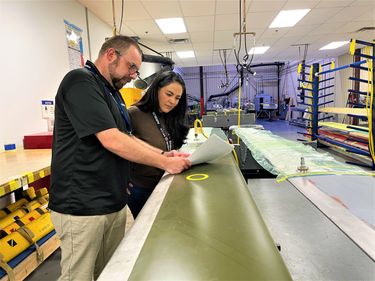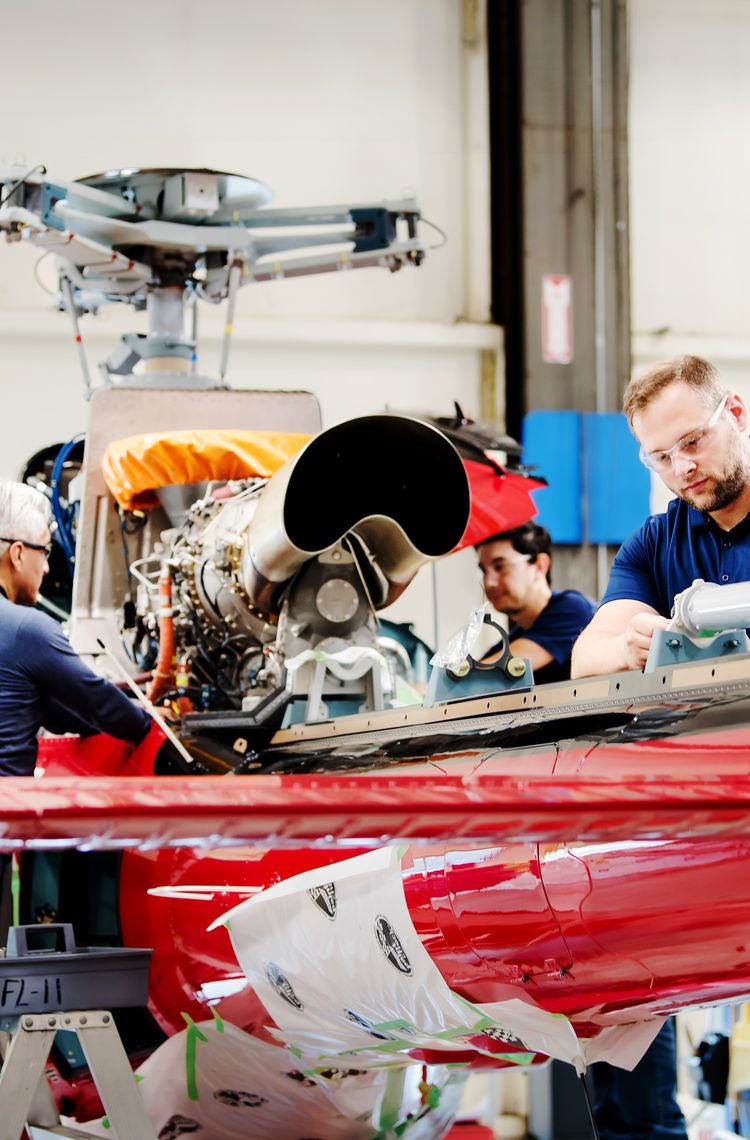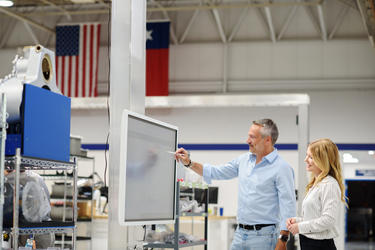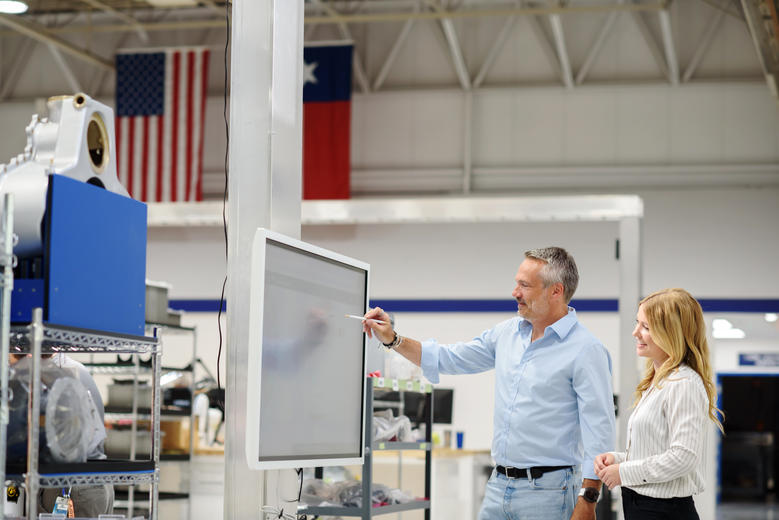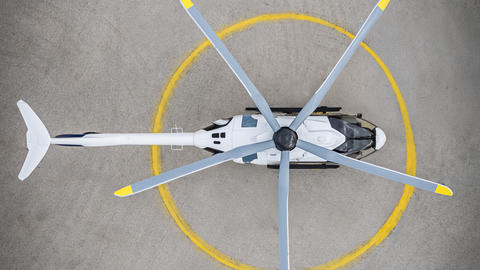In an industry where safety is paramount, keeping a fleet of helicopters in the air requires skilled professionals dedicated to meticulous maintenance, repair, and overhaul (MRO). We sat down with Maria Aguirre, Head of MRO for Airbus Helicopters in North America, to discuss how the industry is evolving. Aguirre shares her insights on why the human element remains irreplaceable, and what Airbus is doing to train the next generation of technicians.
Airbus: How do you expect the nature of rotorcraft maintenance to change going forward? Will a time come when there is no longer a need for hands-on work?
Maria: The nature of rotorcraft maintenance is undoubtedly changing, but the idea that a time will come when there's no need for hands-on work is unlikely in my opinion. While automation and advanced technology will continue to streamline and assist, they are more likely to augment the role of the technician rather than replace it entirely.
While manuals provide a structured guide, experienced mechanics develop an intuitive understanding of the aircraft. They can often identify subtle cues, such as a different sound or an unusual vibration, that automated systems might miss. I don’t think it can be fully replicated by an algorithm.
Automation is excellent at handling predictable tasks. But the ability to improvise, adapt to unforeseen issues, and solve problems creatively is a uniquely human trait that is essential for maintaining complex machinery.
Airbus: With this move to digital tools, is there a risk that older hands-on skills will be lost, especially as Baby Boomers retire?
The experienced technicians who have spent decades working on these machines are reaching retirement age, which if not addressed will create a knowledge gap that no amount of automation can fill.
We've done a great job as an industry showing women a path in aviation, but we haven't done enough with the younger generation to show career paths outside the traditional four-year degree. Moreover, emerging technologies like AI are creating new types of jobs that are often more appealing to the younger generation than the skilled trades their parents pursued.
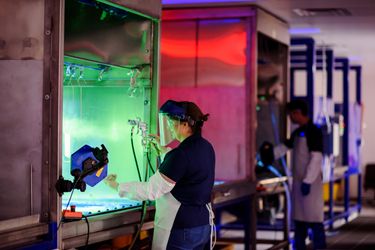
So industry-wide there is a growing concern about the loss of institutional knowledge.
Airbus: Are any steps being taken to offset this knowledge loss?
Maria: A big part of our strategy is changing how our most experienced people contribute. We're taking some of our seasoned technicians and shifting their primary role from doing hands-on repairs to becoming instructors, building a training program to onboard our new, younger employees. This allows us to capture all that critical knowledge—the things you can only learn from years on the job—and pass it down in a structured, systematic way. This also frees up our other experienced staff to keep the day-to-day operations running smoothly.
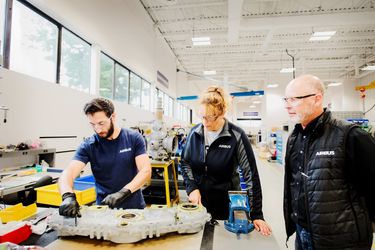
Another key part of this is recruitment. We have to make sure we're not just training people, but also attracting the right talent in the first place. That's why we're offering things like job shadowing in our shops to give potential recruits a real-world look at the job so they can answer the most important question for themselves: “Will I like doing this?" It helps people find their passion for the work early on, which we believe leads to a more committed and satisfied workforce.
On the production side of our business, we’ve launched pipeline programs that bring students into apprenticeships which will eventually lead to full-time permanent employment (learn more about our FlightPath9 programme here.
Finally, we're sharing our expertise directly with customers by having senior technicians train their in-house mechanics. This empowers our customers to perform minor repairs themselves, making their operations more efficient and allowing our team to focus on more complex, high-level maintenance.
This strategy is a win-win, as it honors our experienced technicians, attracts the next generation, and improves customer service.
Airbus: Will robots and AI completely take over rotorcraft maintenance? Is it just a matter of time?
Maria: While we're embracing technology, we believe it's about assistance, not replacement.
Robots are designed and programmed to solve a specific problem, but lack the holistic view and curiosity to say “Wait a minute that doesn’t look right” if, while doing that job, it sees an anomaly in the system of the component at hand. Whereas our technicians are trained to observe, to connect the dots, and to pick up on those other, often subtle, issues that could become major problems down the line.
In the helicopter industry, lives are at stake every time a rotorcraft takes flight. Our people have a deep passion for their work and a profound sense of responsibility. That's something I believe you can't outsource to a robot or an AI. The human element of care, judgment, and dedication is what makes our maintenance and our aircraft truly safe.
